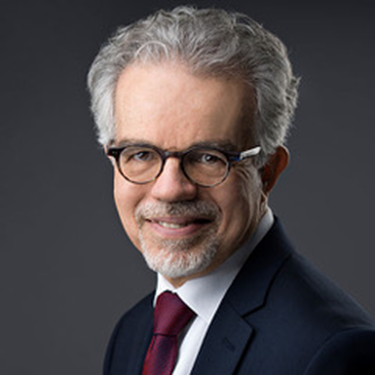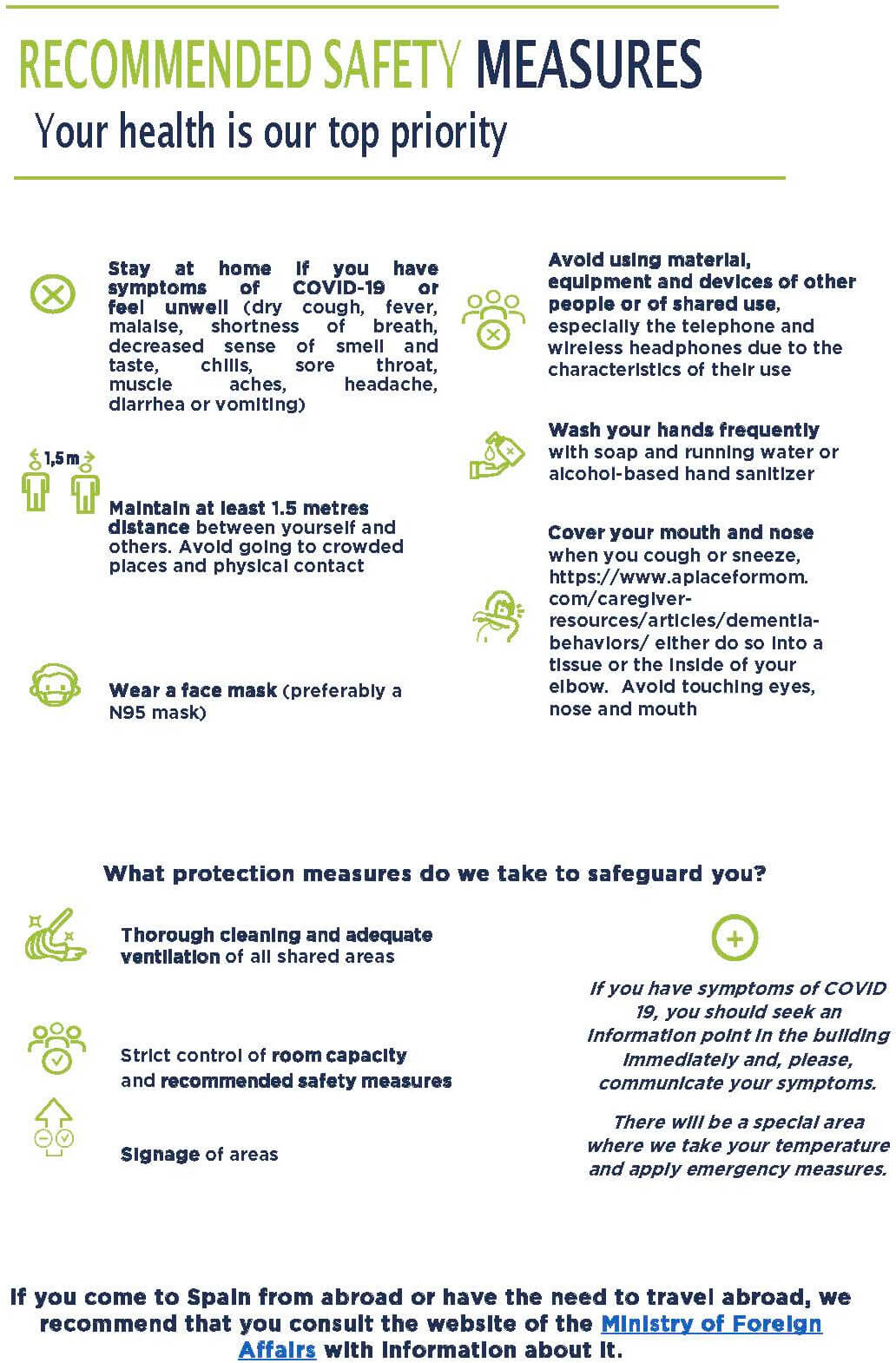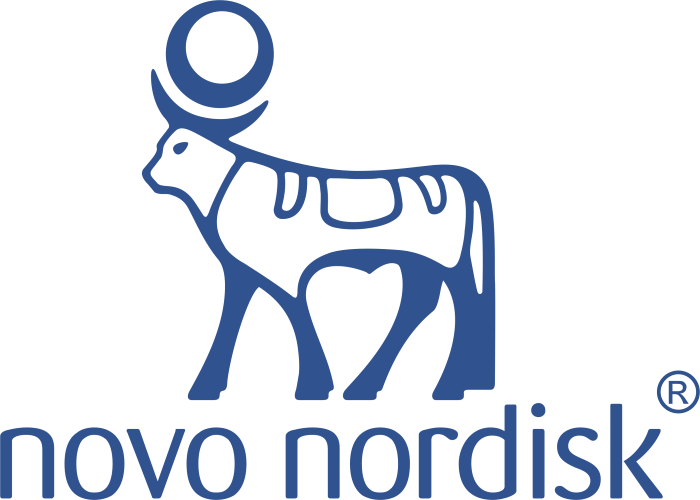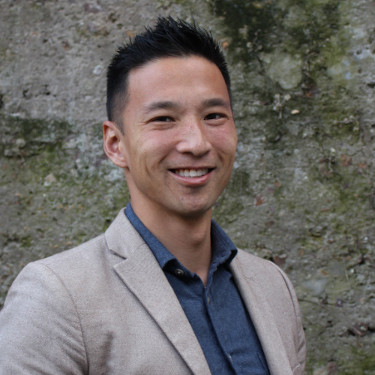
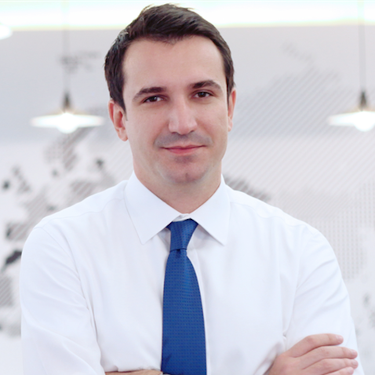
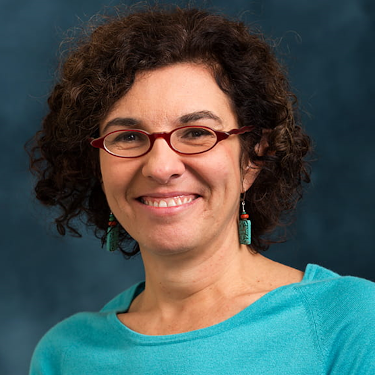
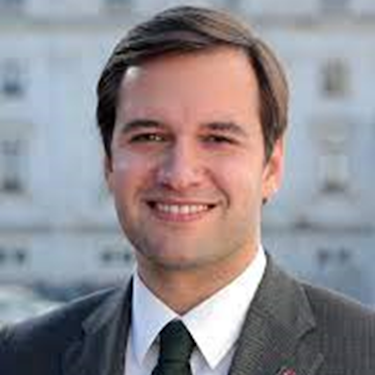
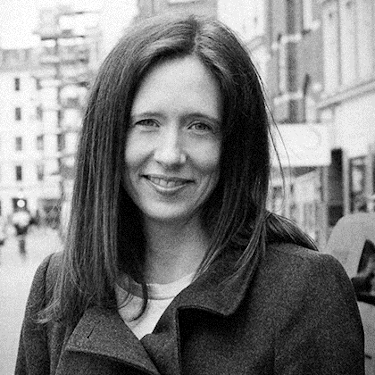
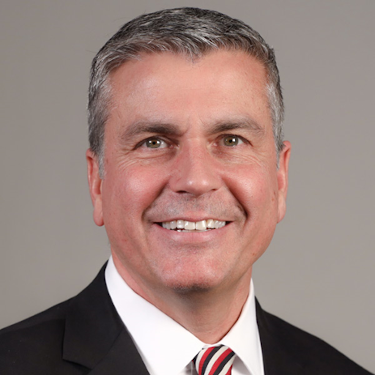
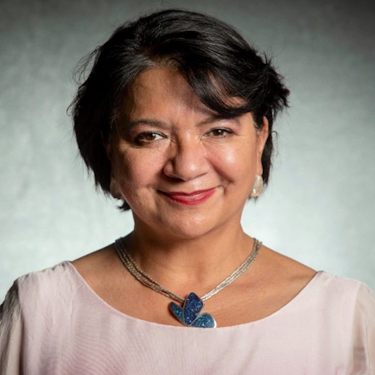
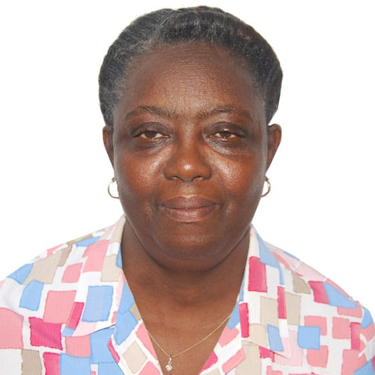
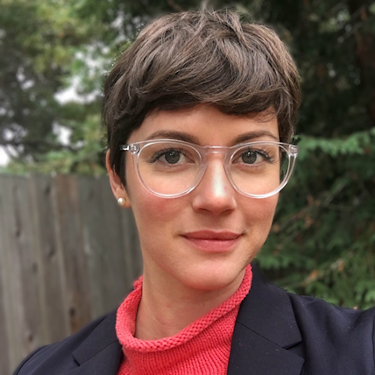
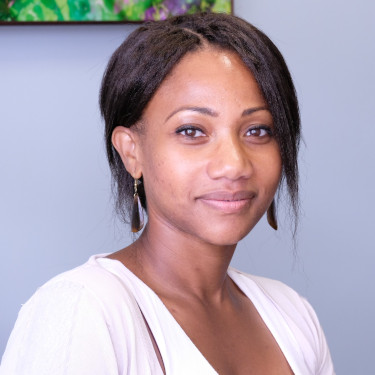
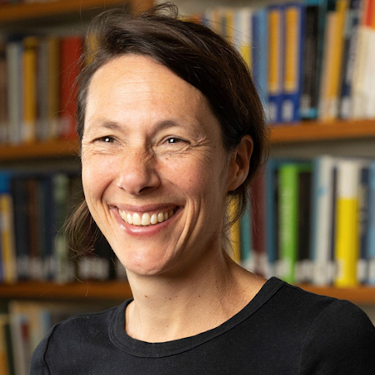
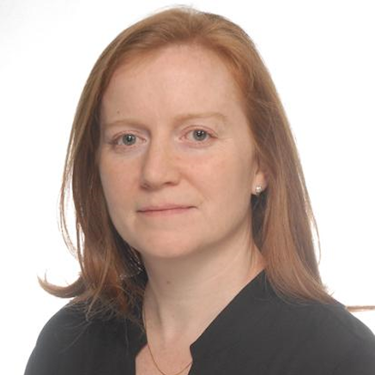
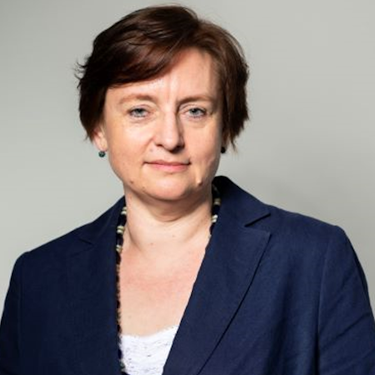
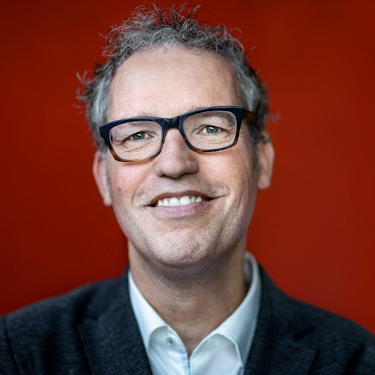
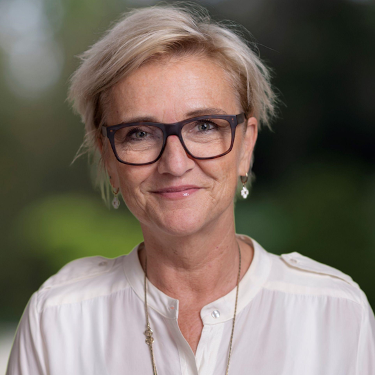
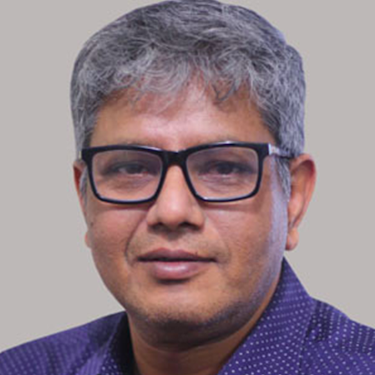
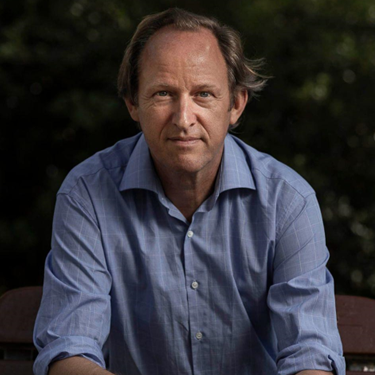
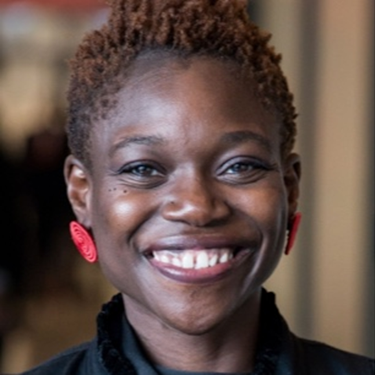
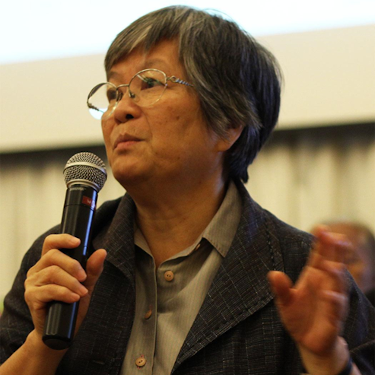
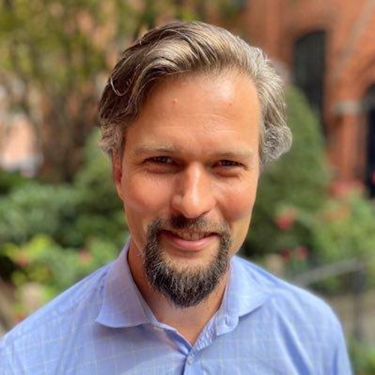
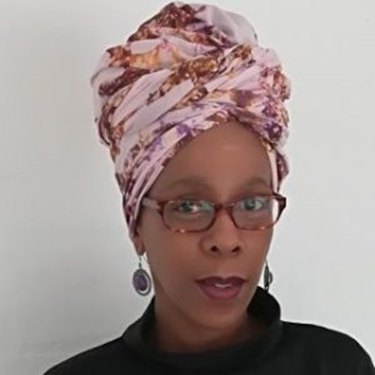
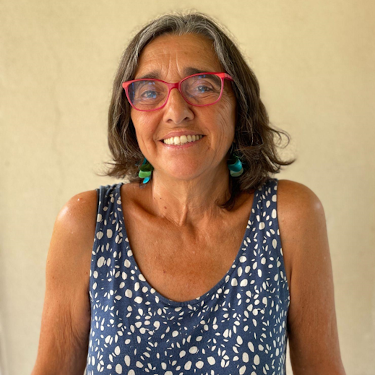
Carme Borrell, Medical Doctor, PhD in public health, specialist in preventive medicine and public health and in family medicine. She works at the Public Health Agency of Barcelona (now as Executive Director). Associate Professor at the Universitat Pompeu Fabra and at the Johns Hopkins University. Editor in chief of the Spanish journal Gaceta Sanitaria (journal of public health) 2010-2016. Her area of research is the study of social determinants of health, leading research groups on this topic, having lead many national and international projects and having published many scientific articles. She was the principal investigator of the European Union 7th framework project SOPHIE (http://www.sophie-project.eu/).
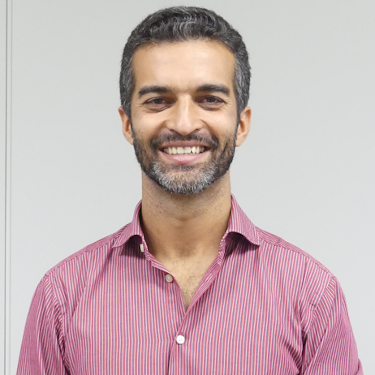
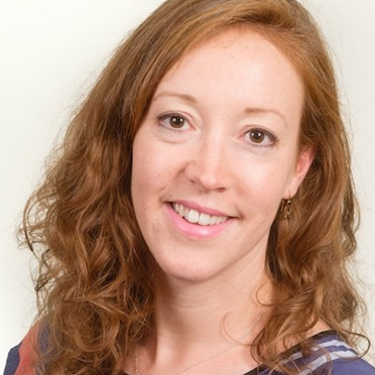
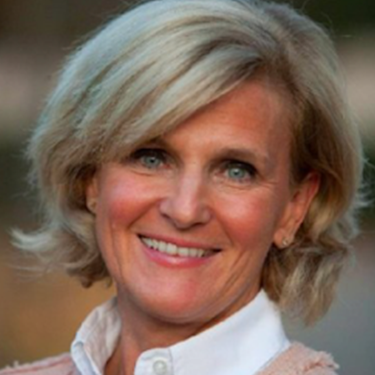
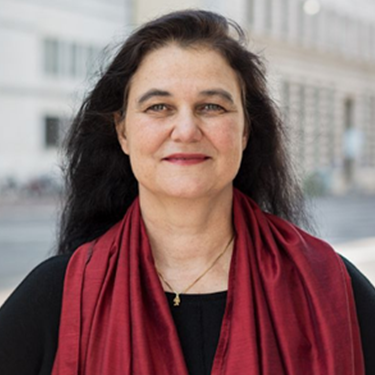
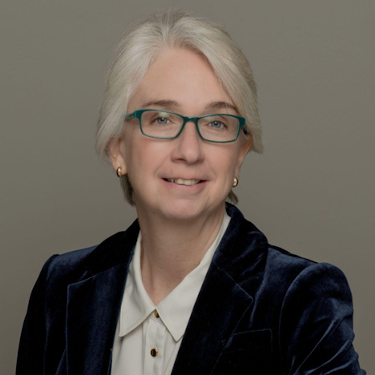
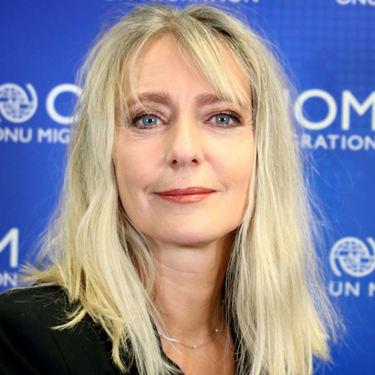
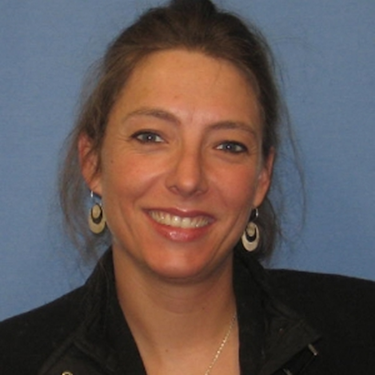
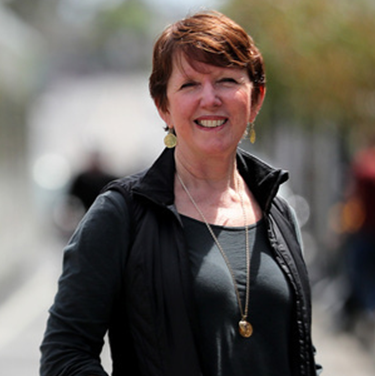
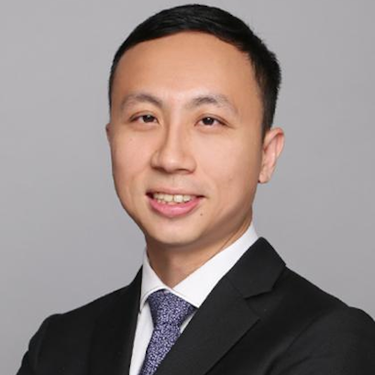
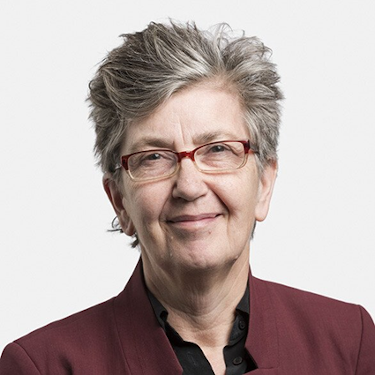
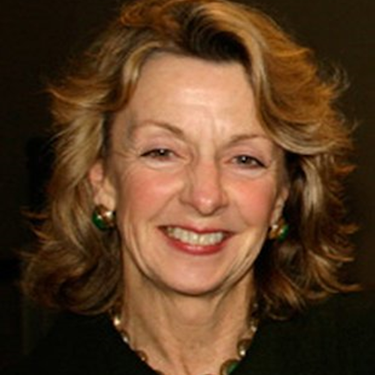
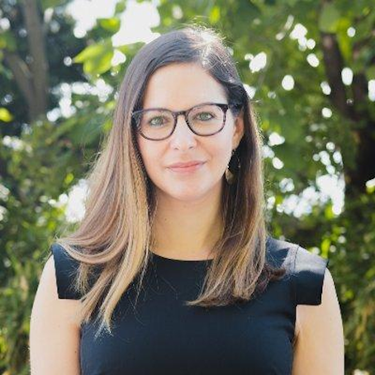
Giselle Sebag (MPH, LEED AP) is the Executive Director of the International Society for Urban Health. She holds a Master’s of Public Health from the Harvard T.H. Chan School of Public Health, joint M.Sc. degrees in international cooperation and urban development from the Technische Universität Darmstadt and international cooperation in sustainable emergency architecture from the Universitat Internacional de Catalunya, and bachelor’s degrees in architecture and government from the University of Texas at Austin’s School of Architecture (UTSOA) and College of Liberal Arts. She is a globally recognized urban health leader with 15 years of experience advising governments, multilaterals, NGOs, and private sector companies to develop sustainable, inclusive, and resilient cities that promote and enhance resident health. Prior to joining ISUH, Giselle was a public sector consultant at Bloomberg Associates, where she advised cities developing evidence-based urban health solutions with the aim of improving the lives of the greatest number of citizens.
